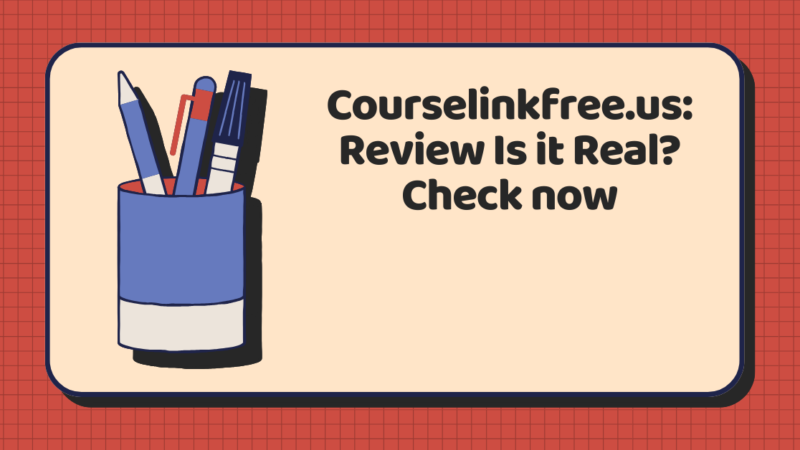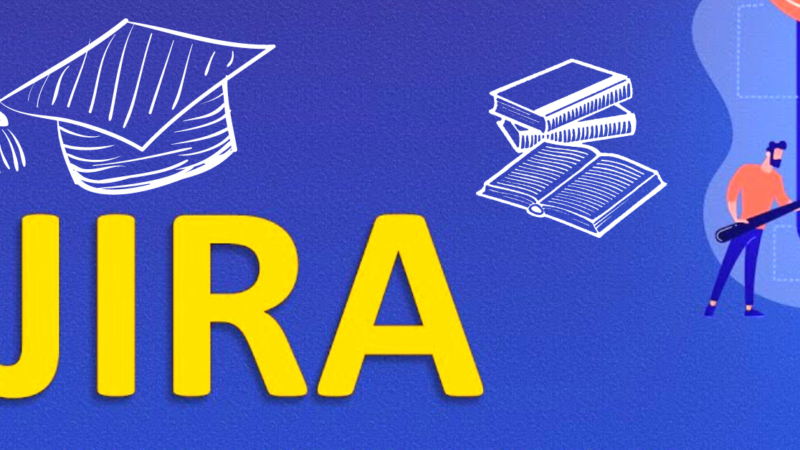How education improves the world in which we live

To be productive, you need to learn skills that can be applied to daily life. Useful skills help a person solve day-to-day problems and perform complex tasks. Pre-college education focuses on foundational skills that can be useful when students enter the labor force or go on to more advanced education and pick a specialization or college major.
Learning to interact with people is critical to a person’s success in life. Today’s world is more diverse than ever, so it is important that students learn to work with people from different economic, social and ethnic backgrounds. Attending school allows students to interact with many other people throughout the week. Learning how to work through conflict develops character, while projects where students need to work as a team help them become citizens that are active and useful in their communities and workplace later in life.
Education prepares people for a good career
Ultimately a good education will result in many job opportunities and career satisfaction. The job of an educator is to provide students with a solid foundation for entering apprenticeships, college and the workforce. The educational experience helps students understand their strengths and what things interest them the most. Weaknesses are exposed, but this should never be a source of ridicule. The goal of education is to show students what they excel at but also what they need to work on. It can be challenging for educators to motivate students to improve in specific areas, but seeing students overcome obstacles and succeed is well worth it.
Provide a path to economic well-being
Long-term economic stability and well-being should be the goal for all students regardless of background. As an educator, it is important to recognize the challenges that can stand in the way of financial security as an adult. There are still many students out there who come from backgrounds where advanced education was not considered realistic. As an educator, it is important to help students find ways to overcome barriers. Sometimes there are solutions out there that students are just not aware of, such as encouraging and helping disadvantaged high school students find scholarship programs and financial aid packages that can make higher education possible.
Hope for a better future for humanity, in general
The confidence provided by a good educational experience allows students to believe that they can face and help solve global difficulties. Educators must embrace the idea that they are teaching the planners and leaders of tomorrow. When students learn good problem-solving and conflict-resolution skills, they are more prepared to think logically and address issues in a productive and efficient manner.
Education helps develop morality
While most public and many private schools do not incorporate religion into their curriculum, schools help students develop a moral framework to apply in all areas of their lives. This includes distinguishing right and wrong, kindness, respecting individuals and understanding the importance of honesty.
If an educator works at a private school with a religious curriculum, these lessons are often taught using scriptures and messages from the religion of choice.
Education is a great career choice for those who want to have a lasting impact on the future of humanity.
What do I need for a career in education?
Some basic positions may require just an associate’s or bachelor’s degree. For teaching positions, you must fulfill any exam and licensing requirements in the state you wish to teach in. Educators need to pass a background check and drug screen in a lot of cases.
Higher-level positions, especially those at the administrative level, are typically offered to those with at least an MA in education. Educational degrees, including those at the master’s level or above, can be completed online. Many people with a bachelor’s degree in education choose to earn a master’s while working within the educational system.
There is always a demand for teachers and other educational professionals. Education is a field that has a lot of potential for career advancement over the years. Here are a few of the advantages of a career in education:
Good benefits and competitive salaries
Education has a lot of career perks, such as retirement plans, competitive salaries and time off during school holidays and summer breaks.
The feeling of helping others achieve their goals
There is no question that helping students learn who they are and what they want to do with their life, as well as providing them with the skills to do so, is very rewarding. At the end of the workday, there is a feeling of satisfaction from a job well done. Even if some days are challenging, you can rest assured that the hard work is worth it when your students go on to success.
The ability to find jobs in many different locations
Education is a great field for those who want to explore working in different geographical areas throughout their career or are just unsure of where they want to settle down. Qualified teachers and administrative professionals are in high demand in many areas, making education a great career for those who like to have many career options.
Flexibility
You can choose to work with students in specific age groups and change what age group you teach throughout your career. While some teachers may decide to teach many topics when they start out, over the years, you may decide that you want to specialize in specific topics or even work in administration after years of teaching.
Conclusion
Education is a rewarding career choice with a lot of room for advancement. Earning your degree in education is smart if you want to have a lasting impact on the future and like to work with young people from all backgrounds.






